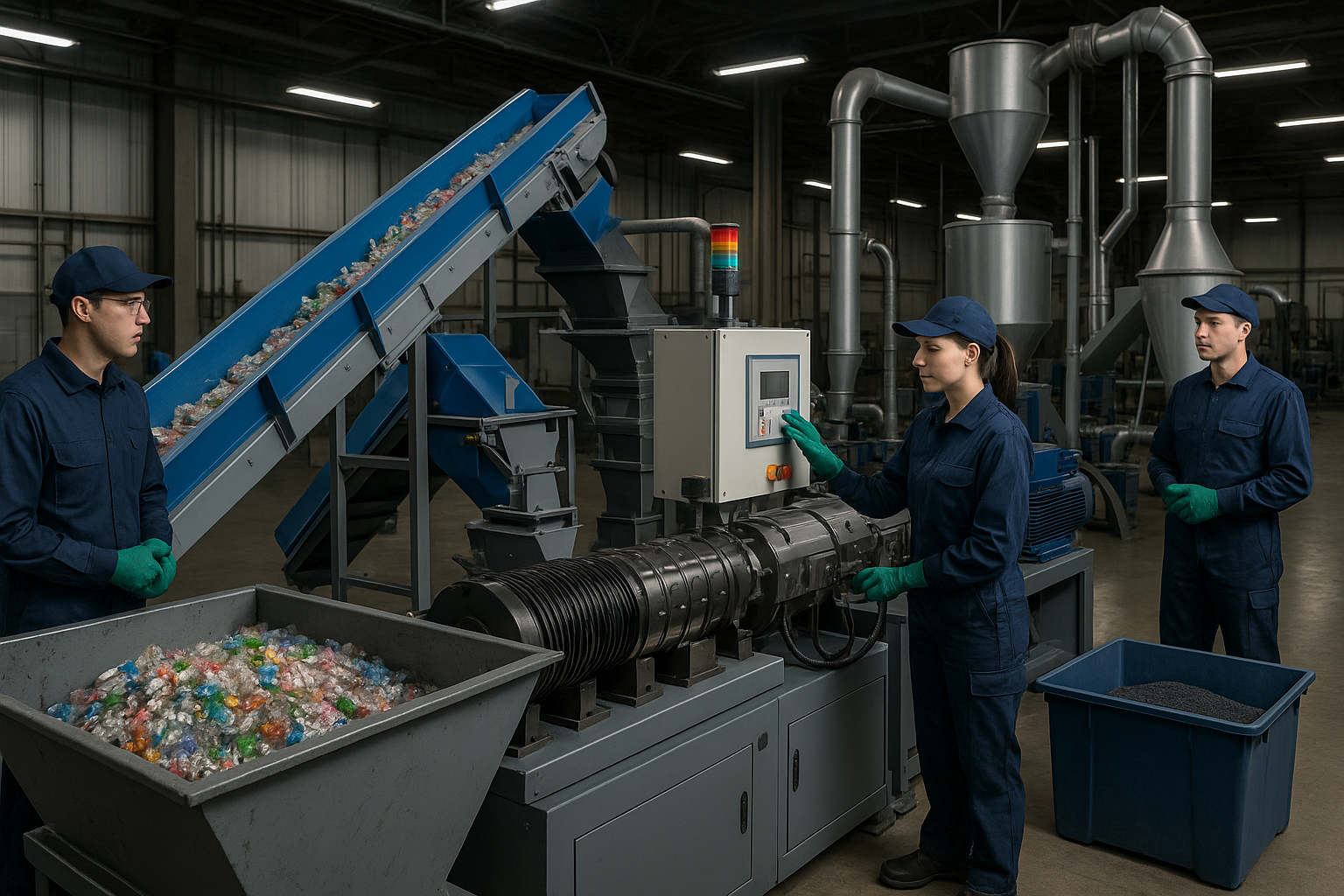Transform Plastic Waste with Innovative Sustainability Strategies
Transforming plastic waste into valuable resources is not only crucial for the environment but also presents you with innovative opportunities to explore sustainable solutions and browse options that can revolutionize your approach to waste management.

The Growing Challenge of Plastic Waste
Plastic waste has become one of the most pressing environmental issues of our time. With over 300 million tons of plastic produced each year, a significant portion ends up in landfills or the ocean, posing a severe threat to wildlife and ecosystems1. As awareness of this issue grows, so does the demand for effective strategies to manage and reduce plastic waste.
Innovative Sustainability Strategies
To tackle the plastic waste problem, innovative sustainability strategies are being developed and implemented across the globe. These strategies not only aim to reduce plastic waste but also transform it into valuable resources, creating economic opportunities and promoting a circular economy.
One such strategy is chemical recycling, which breaks down plastic into its basic components, allowing it to be reused in the production of new materials2. This method can handle a wide range of plastics that are not typically recyclable through traditional means, thus expanding the scope of waste management solutions.
Another promising approach is the development of biodegradable plastics, which are designed to decompose more quickly than traditional plastics. These materials can significantly reduce the environmental impact of plastic waste, especially in single-use applications3.
Economic and Environmental Benefits
Transforming plastic waste through innovative strategies offers numerous benefits. Economically, it creates new markets and job opportunities in recycling and waste management sectors. For instance, the global market for recycled plastics is projected to reach $66.6 billion by 2025, driven by increased demand for sustainable materials4.
Environmentally, these strategies help reduce the volume of waste in landfills and oceans, decreasing pollution and conserving natural resources. By converting waste into reusable materials, we can also reduce the need for virgin plastic production, which is energy-intensive and contributes to greenhouse gas emissions.
Real-World Applications and Case Studies
Several companies and organizations are leading the way in implementing these innovative strategies. For example, Loop Industries has developed a technology that depolymerizes PET plastic waste into its base monomers, which can be reused to create new, high-quality PET5. This process not only reduces waste but also lowers the carbon footprint associated with producing new plastics.
Similarly, the city of San Francisco has implemented a comprehensive waste management program that includes strict recycling mandates and incentives for businesses to reduce plastic use6. These efforts have significantly reduced the amount of waste sent to landfills, demonstrating the effectiveness of policy-driven strategies.
Exploring Further Solutions
As you explore these options and search for solutions to manage plastic waste, consider the potential of these innovative strategies to create a more sustainable future. By adopting and supporting these initiatives, you can contribute to a cleaner environment while also tapping into new economic opportunities.
Whether you're a business looking to reduce waste or an individual seeking to make a difference, there are numerous resources available to guide you in implementing sustainable practices. Visit websites and follow the options that align with your goals to discover how you can be part of the solution.